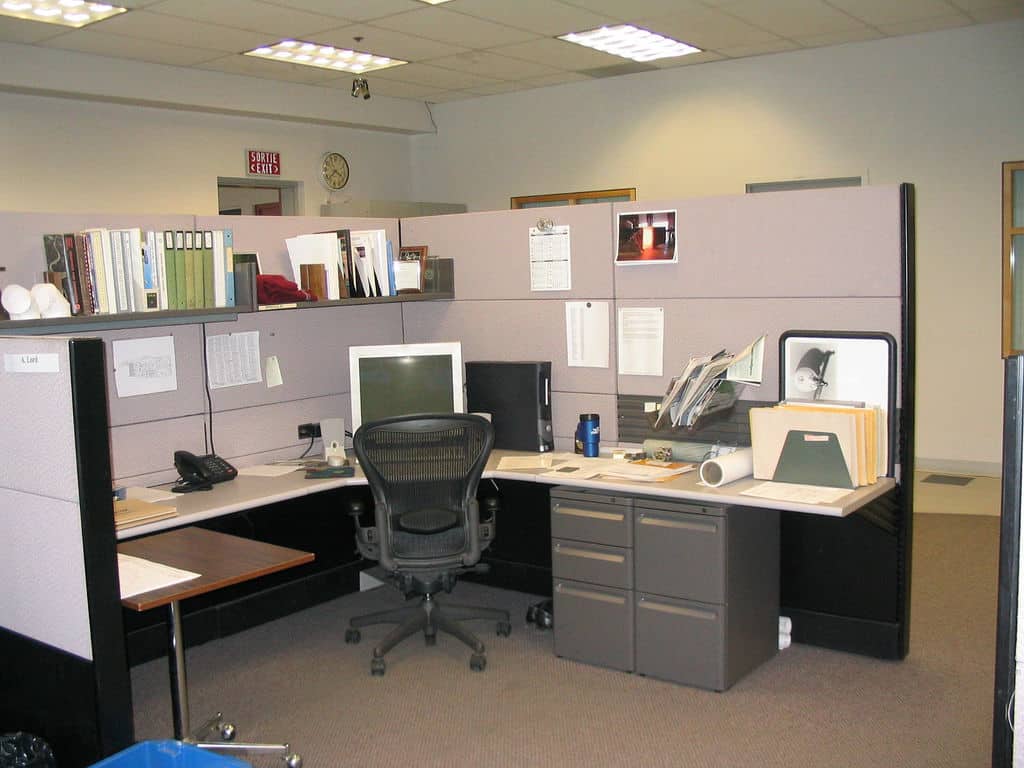The Scrouge of Face Time
This is not a rant against video conference technology for your tablet or phone. This is about a different kind of face time. This face time refers to the policy that requires lawyers to be physically present at the office even if they can work just as productively elsewhere.
Twenty years ago, law face time was more justifiable than it is today. Back then being physically present was highly correlated with increased productivity. It was difficult to work outside of the office and get as much as done as when you were in the office. The internet was in its infancy and most of the applicable resources were primarily available in hard copy.
Face time was also used as a way to measure an associates’ desire to become partner. The longer someone was in the office, the more likely they were to be able to socialize with partners, and to be available when a choice new assignment came through the door. Humans have a natural tendency to equate being physically present with commitment and dependability and requiring associates to be physically present was a manifestation of that. Likewise, it used to be natural for a law firm partner to walk by an empty office and assume that the person who usually inhabits that office is not working.
Today, law firms that require face time are increasingly likely to be at a competitive disadvantage. As a consultant to law firms, I have interviewed scores of associates who have expressed everything from mild resentment to outright hostility to policies that require them to be physically present a minimum number of hours a week. Associates are particularly likely to be upset when partners are permitted to be out of the office to take care of children or other personal matters when associates are not. This kind of rank hypocrisy undermines morale and increases turnover.
There is a generational element to policies that require face time, but it would be a mistake to dismiss the opposition to face time as something confined to millennials. Too many law firms are focused on measuring inputs, such as billable hours, at the expense of evaluating outputs, such as the quality of work done on behalf of clients. In a world where a significant amount of legal work can be done remotely, face time policies are often more about the limited managerial abilities of law firm partners than the needs of clients.
For too many partners, requiring face time is a means of controlling associates. In some extreme cases, I have suspected that partners like face time policies because it makes associates more dependent on the firm by isolating them in the office and making it harder for them to network with other law firms and potential clients.
Law firms do, of course, have a legitimate interest in ensuring that lawyers be able to communicate with each other in person. The ability to go down the hall and ask a colleague a question is a real benefit of sharing an office. Ironically, in my experience, law firm partnerships suffer because the partners don’t spend enough time together in each other’s company. There is a reason why a vast majority of the most successful law firms operate out of shared physical spaces. This fact is not likely to change in the next five years.
There is, however, a critical difference between appreciating the significant benefits of sharing a physical space with colleagues and requiring associates to be there in person even when being physically present isn’t necessary to serve clients. The sooner law firms abandon face time polices the more likely they will be to attract and keep talent and otherwise compete in an increasing competitive market for legal service.



Leave a Reply
Want to join the discussion?Feel free to contribute!